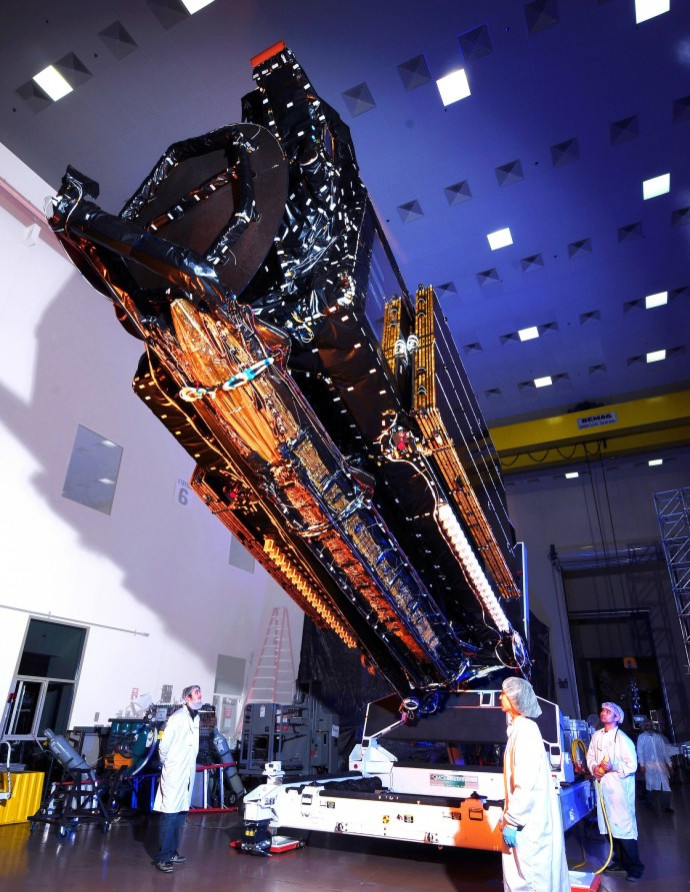TerreStar, Creditors Fight Over $100 Million Rights Plan

TerreStar Networks and its creditors fought over whose plan to backstop a rights offering in the company's bankruptcy plan is better.
The result was more uncertainty, as the dispute was adjourned until Wednesday, Dec. 22. Without a backstop plan, it is far more difficult to get a bankruptcy plan approved because there would be no certainty of recovering any money at all for creditors.
Under the current plan of reorganization -- the fourth iteration of the one originally filed in October --TerreStar's debt would be converted to equity, and 97% of it would go to the current debt holders. Most of that value would go to EchoStar, which owns a majority of TerreStar's $1.25 billion in debt.
TerreStar would conduct a rights offering - a sale of preferred stock - to raise cash to emerge from bankruptcy.
Originally only EchoStar was committed to backstop the offering, which meant it would buy in for $100 million, with an option to buy an additional $25 million. EchoStar would also get $3 million as a commitment fee.
But while the other bondholders were happy that the rights offering was opened up, if they sign on they are restricted from supporting or soliciting any other possible acquirers for TerreStar. They also have to sign the Plan Support Agreement, which pledges them to support only the bankruptcy plan confirmed by the courts.
A group of 19 creditors, representing $335 million of the senior secured bonds, said it had an alternative proposal. The biggest difference is that the new rights offering would be open to the bondholders in that group, rather than all of the creditors generally. Of the $125 million of preferred stock, the bond holders would each get a pro rata share. For their trouble they will also each get a prorated share of a $3.125 million commitment fee.
Another big difference is that the alternative plan requires that the hearing on TerreStar's disclosure statement - an important step towards getting a reorganization plan approved - be postponed for 30 days while another buyer is sought out.
Thus far, only one creditor, EchoStar, has supported the plan. Patrick Nash, representing the ad hoc group of unsecured creditors, said that alone should indicate to the judge that there is a problem with it.
Other groups of creditors said they felt forbidding anyone who signs on to the current reorganization from seeking another buyer would have a chilling effect on anyone who might be interested.
TerreStar's attorney, Arik Preis, disagreed. He said that if a better plan comes along then there is no reason that the company might not explore it.
Another concern for TerreStar is whether the $75 million debtor-in-possession financing provided by EchoStar would still be available. EchoStar, TerreStar's attorneys said, could consider agreeing to another backstop plan a default.
But Nash noted that in the backstop proposal from the ad hoc committee, that group of creditors is willing to provide a minimum of $75 million of debt financing, effectively replacing the money from EchoStar.
One big issue for the creditors is whether the EchoStar-backed plan is even feasible. Steve Zelin, managing director at the Blackstone Group, TerreStar's financial advisor, testified that even after the initial $100 million rights offering is completed it is by no means clear that TerreStar won't need more money, as its cash flows are currently negative.
EchoStar's attorney, Rachel Strickland, said EchoStar has a vested interest in seeing the company come out of bankruptcy sooner rather than later. We're in it from the beginning, she said. She added that owners of the 15% debt are largely hedge funds that can trade out.
Meanwhile, Preis said the company has been talking to bidders and the amount of time wasn't an issue. We've been talking to people and none of them said, 'give us a little more time,' he said. He also asked the judge to turn around the question of what harm there would be in granting extra time for bids to materialize.
Nobody likes the plan because the company isn't worth as much as they thought it was, he said.
© Copyright IBTimes 2025. All rights reserved.





















